See how people living in the Shire of Exmouth are dedicated to making their beaches free of trash, pollutants and plastics.
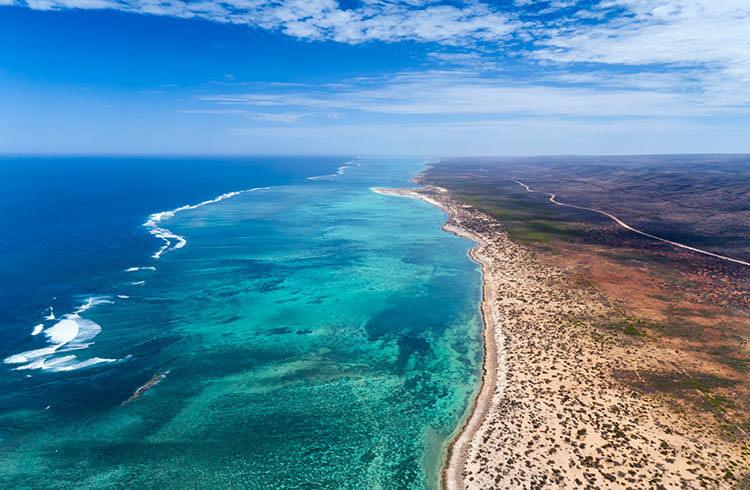 Photo © Getty Images/SammyVision
Photo © Getty Images/SammyVision
Conservation has always been key for the people of Exmouth, in Western Australia. Here, the locals show great pride in the natural beauty of their town and coast, the jumping-off point for pristine Ningaloo Reef. More than a decade ago plastic bags were banned, and local schools launched initiatives to teach the next generation about sustainable waste management.
Exmouth’s government officials, activists and locals are already way ahead in their dedication to making not only the city's Town Beach a pristine place, but to keeping other beaches in the North West Cape and the UNESCO World Heritage-listed area of the Ningaloo Coast, free of trash, pollutants and plastics. The rest of Western Australia caught up by banning single-use plastic bags in July 2018.
Massive Community Involvement Is the Key
Since the initial plastic-bag ban 10 years ago, local people have been responsible for making the beauty of the area's beaches legendary around the world. It was, explains Exmouth Shire President Matthew Niikkula, "a voluntary community initiative, supported by local residents and embraced by visitors to the area. The Exmouth community is very aware of the importance of our natural environment and the need to protect its unique World Heritage values."
So not only do the people of Exmouth take their own bags when they shop, they go much further. "Since February 2016, I have been organizing beach cleans as part of Sea Shepherd's Marine Debris Campaign," explains Grace Keast, the Sea Shepherd Chapter Coordinator for Exmouth. "There are many different beaches along the coast of this peninsula, so we go to a different one each month. We choose the beach by the level of footfall or from reports from people witnessing rubbish accumulating. To this end, we have conducted 12 cleans with 131 volunteers."
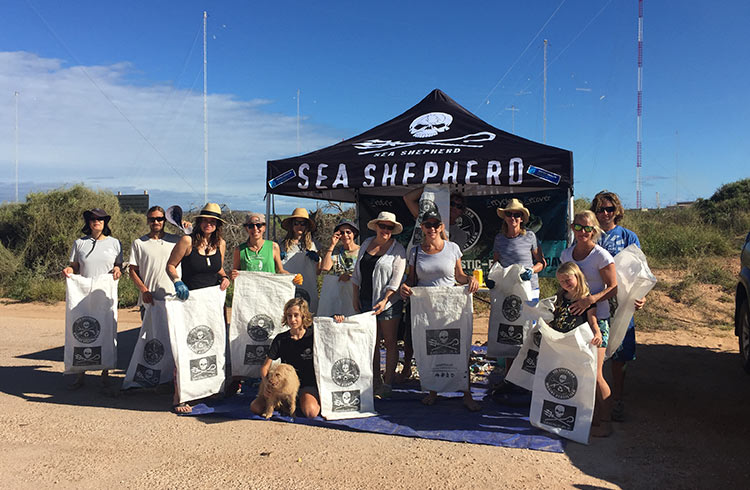
Always Thinking Ahead
Being well ahead of the rest of the country – Queensland also joined Tasmania and South Australia in banning single-use plastic bags in July after the NT banned them in 2011, while NSW still allows them – Exmouth is moving steadily toward even more protections against pollution and plastics. "In recent months, our community has got behind a 'Boomerang Bag' initiative," Niikkula reveals.
Everyone is involved, Keast explains, adding that "donated material is sewn to shopping into bags [by volunteers], which are placed at the supermarkets and other outlets so that people can use them, and they can return them to be used by other people later, hence the 'Boomerang' concept." Keast, and the rest of her community, is disappointed by the decision by Coles supermarkets to backtrack from the ban, offering reusable thicker plastic bags instead. "That really doesn't tackle the problem!"
Exmouth is also about to build a recycling facility, a first for the region, which Keast calls "an exciting development."
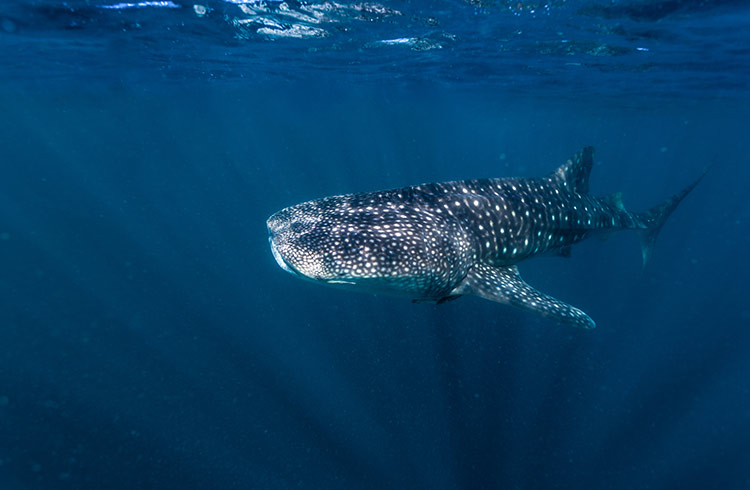
Keeping the Exmouth Beaches and Ocean Safe and Clean for All
Getting rid of plastics and other types of trash makes Exmouth a place where divers, swimmers, sunbathers and lovers of the great outdoors can play in a safe and clean environment. And, as the whole community knows, there's another fundamental reason to keep improving the zero tolerance for plastic.
"Exmouth’s beaches are an important nesting area for loggerhead, green and hawksbill turtles,” says Niikkula. “Being fortunate enough to live here, we see the turtles in the water, on the beaches and the hatchlings emerging from the nests. It is such an incredible thing to witness. Plastic bags that make it to the water look just like the jellyfish that turtles eat. We don’t want plastic bags to end up in the water and impact on the health of our turtles or any other marine life."
Related articles
Simple and flexible travel insurance
You can buy at home or while traveling, and claim online from anywhere in the world. With 150+ adventure activities covered and 24/7 emergency assistance.
Get a quote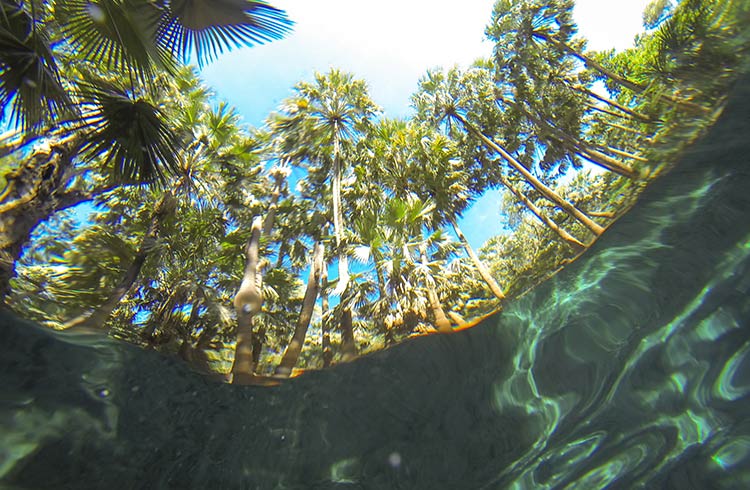
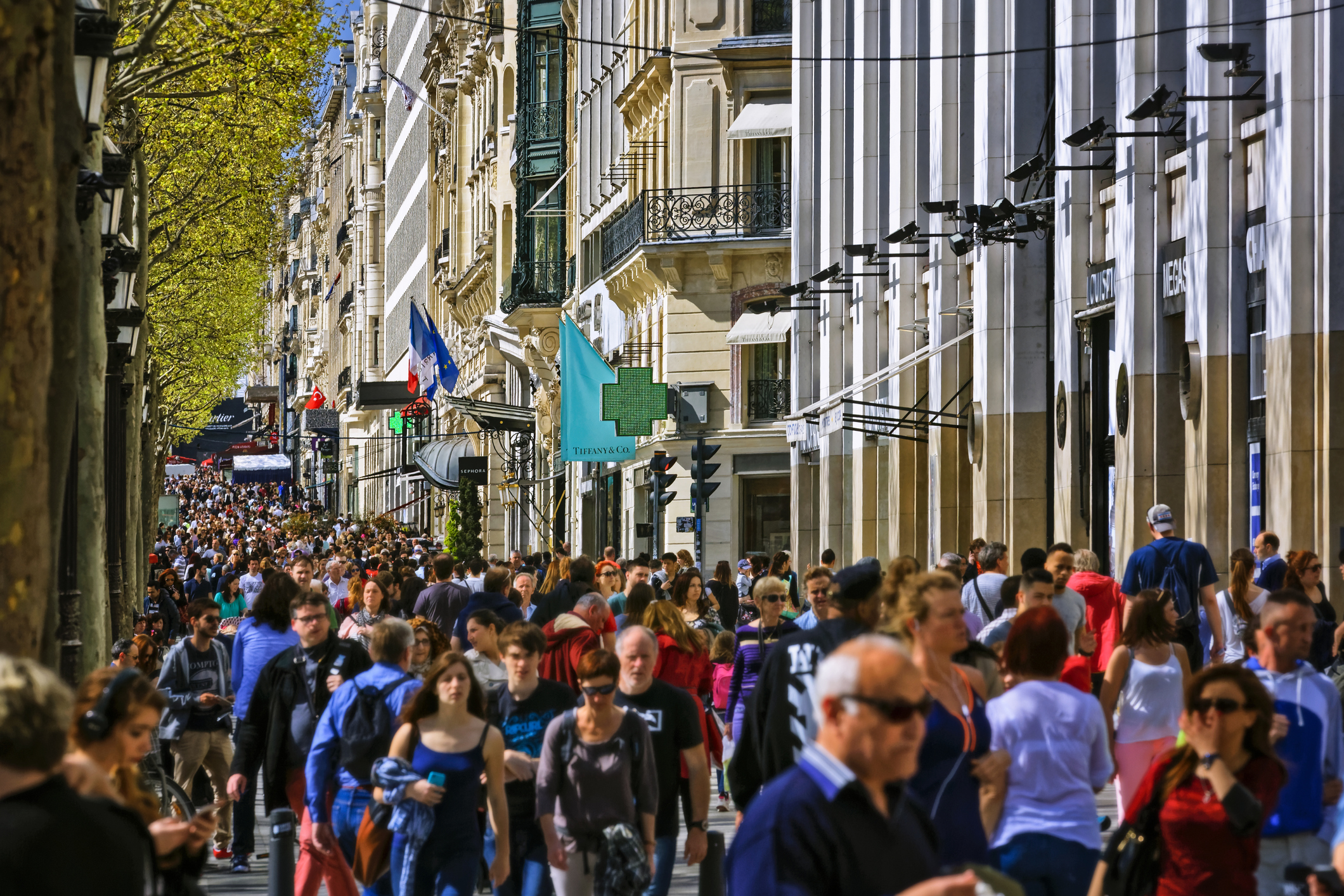

No Comments